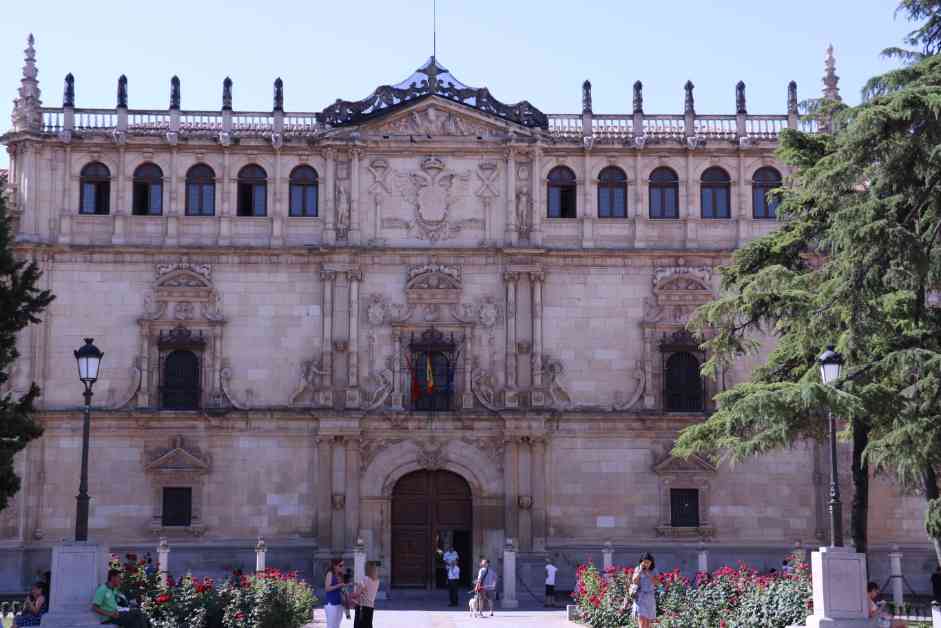The Madrid Community is increasing its investment in scholarships to fund the undergraduate and master’s studies of university students from socioeconomically disadvantaged backgrounds for the upcoming academic year 2024/25. The regional government will allocate a total of 6 million euros so that around 5,500 students can benefit from these grants.
This year, as a new feature, the Madrid Community is expanding the situations in which students can apply for financial assistance to cover their needs, in addition to tuition fees, such as mobility expenses, residence costs, and support for mental health, among others.
The Government Council has approved the signing of agreements to grant these direct aids to the six public universities in the region. With this initiative, which was implemented in 2016, the Ministry of Education, Science, and Universities ensures equality in the right to public education and promotes that all students have the same opportunities to access and complete higher education.
The University of Alcalá will receive a total of 565,126 euros for the upcoming academic year; the Autonomous University of Madrid, 776,648 euros; Carlos III University, 592,432 euros; Complutense University, 1,777,534 euros; Polytechnic University, 982,613 euros; and Rey Juan Carlos University, 1,305,644 euros.
The recipients will be students who are enrolled and whose financial situation is unfavorable, so that this circumstance does not hinder them and prevent them from dropping out of their education. Additionally, it is made easier for students who have not been able to obtain scholarships from the central government to receive them.
In the case of undergraduate studies, the amount received will not exceed the public fees for a full academic year of second enrollment, while for master’s programs, it will not exceed 2,100 euros. They can be processed through the respective calls of the public universities where students are pursuing their studies.
The increase in scholarship funding for students in need is a positive step towards ensuring equal access to education and supporting those facing financial challenges in pursuing their academic goals. It provides a valuable opportunity for students to continue their studies and achieve their full potential, regardless of their economic circumstances.

